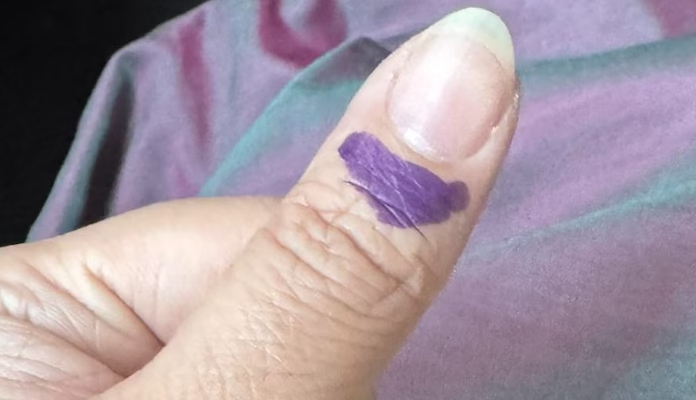
by Prof. Manmohan Prakash
Indore: Today, science has enabled us to conquer many diseases once considered incurable. The tremendous advancements in medical science have made human life longer, healthier, and more secure. Yet, some genetic disorders, like thalassemia, continue to challenge us—posing a growing public health concern, especially in India.
India’s Alarming Thalassemia Burden
Thalassemia is a serious hereditary blood disorder characterized by faulty hemoglobin production. Patients require regular blood transfusions throughout their life. India contributes to about 10% of global thalassemia cases, with over 10,000 children born every year with major thalassemia. Currently, there are approximately 42 million carriers of the disorder in the country, making India the “thalassemia capital of the world.”
Nature and Cause of the Disease
Thalassemia is an autosomal recessive condition passed down from parents to children through defective genes. If both parents are carriers, there is a 25% chance that their child will suffer from thalassemia major, a severe and life-threatening form of the disease. While thalassemia minor is often asymptomatic, it still holds the potential to affect future generations if ignored.
Symptoms and Treatment
Common symptoms include fatigue, weakness, anemia, pale skin, abdominal swelling, and delayed growth. Treatment involves frequent blood transfusions, chelation therapy, bone marrow transplantation, and more recently, gene therapy. However, these treatments are costly and not widely accessible.
Prevention: The Most Effective Cure
While the disease may not be fully curable, preventing it is simple and affordable. Scientific methods like premarital genetic screening and prenatal diagnosis can prevent the birth of children with thalassemia.
If both individuals planning to marry are carriers, they should avoid marriage or consult experts before deciding to have children.
Pregnant women can undergo early prenatal tests to detect thalassemia in the fetus.
Preimplantation Genetic Diagnosis (PGD) can help ensure healthy offspring through IVF.
Need for Social Awareness and Scientific Thinking
In Indian society, horoscope matching before marriage is common. However, matching the “genetic horoscope” is often neglected. In today’s scientific era, this negligence can no longer be justified. It’s time to prioritize genetic awareness for the sake of future generations.
Government and Community Initiatives
The Indian government has prioritized the diagnosis, prevention, and treatment of thalassemia under the Rare Diseases Policy 2021. NGOs like Lions Club are actively working in districts across the country to provide financial aid and blood support to patients.
Conclusion: A Scientific Step Toward a Healthy Future
Thalassemia may be incurable, but it is certainly preventable—all it requires is awareness, scientific reasoning, and responsible decision-making. If every citizen pledges to protect future generations from this disease, India can become a thalassemia-free nation.




